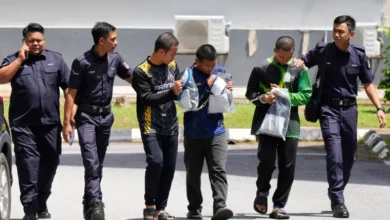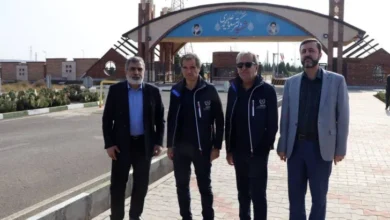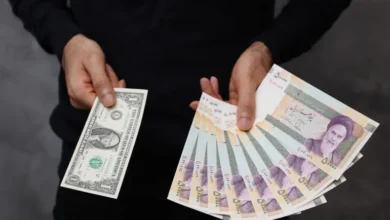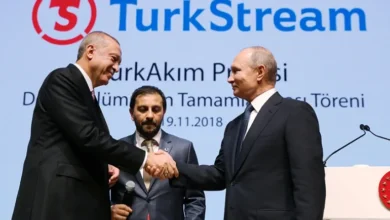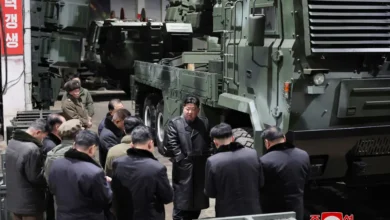Zimbabwe must abandon Rhodesian style of governance
Tafi Mhaka
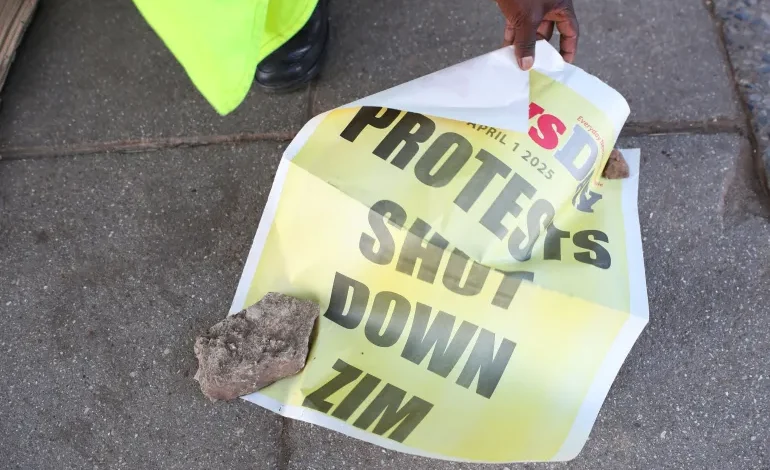
On March 31, Zimbabwean security forces spent the entire day dispersing small gatherings of people who were trying to stage a peaceful protest against the ruling ZANU-PF party’s attempts to secure an unconstitutional third term for President Emmerson Mnangagwa. By day’s end, the police had apprehended 95 demonstrators for allegedly promoting “public violence” and causing “breaches of peace”. However, the police did not manage to detain the man behind this protest, Blessed Geza. A veteran of the 1970s liberation war, Geza remains at large despite being sought by law enforcement on four criminal charges since February.
He was expelled from the ZANU-PF party on March 6 for supposedly undermining the party’s leadership by calling on Mnangagwa to step down. Subsequently, on March 26, Geza took to YouTube, dressed in military fatigues, to criticise Mnangagwa and many key figures associated with the 82-year-old leader. He warned that he was starting to take unspecified action against “Zvigananda” – people who are accruing wealth through illegal means and looting the nation’s wealth. The “Zvigananda” on Geza’s list include numerous government ministers, senior civil servants, party officials, war veterans and three wealthy, highly influential businessmen with close ties to the government who are widely believed to be corrupt: Scott Sakupwanya, Wicknell Chivayo and Kuda Tagwirei.
According to local media investigations, Chivayo, an ex-convict, made millions of dollars by selling exorbitantly priced electoral materials to Zimbabwean authorities for the highly disputed August 2023 general election. An investigation conducted by NewsHawks, a local newspaper, concluded that he later funnelled millions in kickbacks to influential Zimbabwean figures.
Tagwirei is at least as controversial as Chivayo. A July 2023 report published by The Sentry and Open Secrets revealed how he built a shadowy business empire and enormous wealth using complex, controversial corporate structures and seemingly preferential government treatment. Former Finance Minister Tendai Biti has stated that Tagwirei controls the Southern African nation’s fuel sector, more than 60 percent of its gold mines, two of the largest banks and its only gold refinery.
Both Chivayo and Tagwirei are believed to have exploited their close ties to Mnangagwa and the ZANU-PF party to land government contracts and further their business interests.
On March 28, Geza made it known that he was responsible for setting alight several vehicles parked outside the offices of Tagwirei and Chivayo. His voluntary admission was designed to reflect his “revolutionary” intent to confront the “Zvigananda” and the “political criminals” associated with Mnangagwa. For the past year, Zimbabwe’s leader has been trying to secure a third term even though he has publicly denied this goal and the constitution restricts him to two terms.
